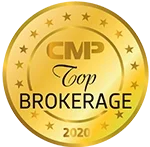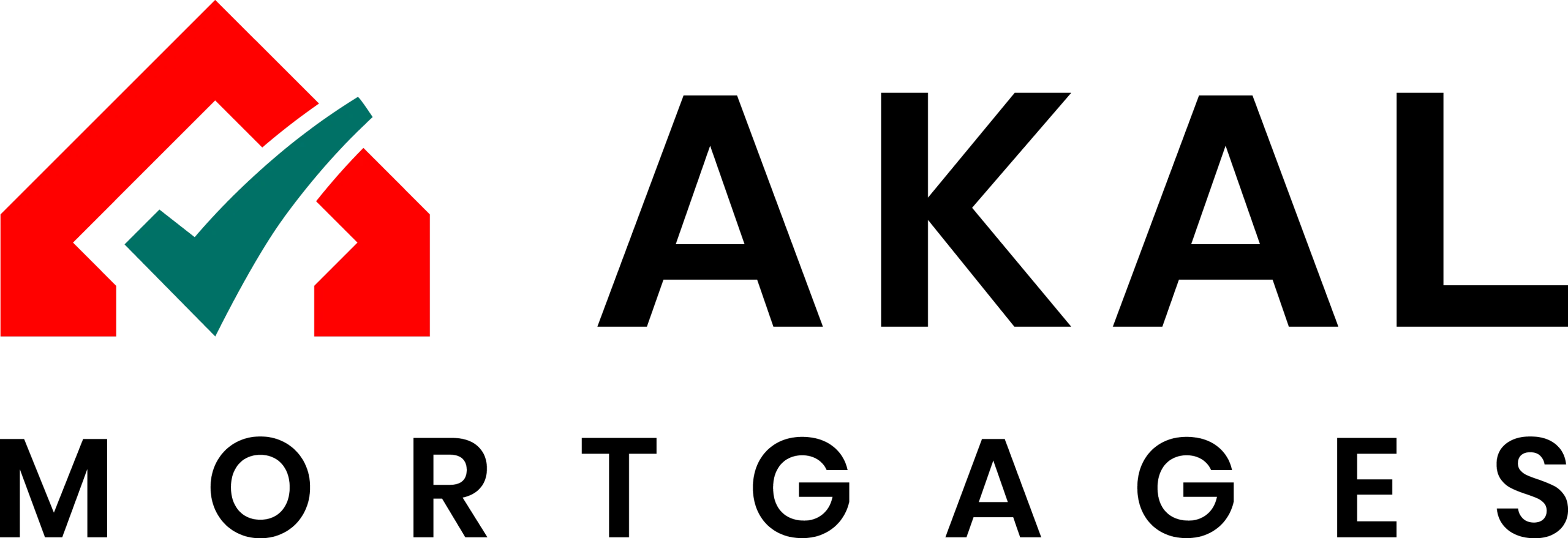When it comes to financing a home in Canada, most buyers automatically think of getting a mortgage through a bank or credit union. However, private mortgages have become an increasingly popular alternative—especially for individuals who don’t qualify under traditional lending guidelines.
Whether you’re a first-time homebuyer, self-employed, facing credit challenges, or looking to invest in real estate, understanding the key differences between private and bank mortgages can help you make the most informed decision. Both options have pros and cons, and the right choice depends on your financial situation, goals, and timeline. This blog explains the differences between private and bank mortgages, what each offers, and when one may be more suitable than the other for Canadian borrowers.
What Is a Bank Mortgage?
A bank mortgage is a loan provided by a traditional financial institution—such as a bank, credit union, or trust company. These are the most common types of mortgage loans in Canada. Banks are federally or provincially regulated and must adhere to strict lending rules outlined by bodies such as the Office of the Superintendent of Financial Institutions (OSFI). To qualify for a bank mortgage, borrowers must meet specific criteria, including income verification, a solid credit score, low debt levels, and a minimum down payment (usually 5% or more, depending on the purchase price). Bank mortgages typically offer lower interest rates, longer repayment terms, and a variety of product options, including fixed-rate and variable-rate mortgages.
What Is a Private Mortgage?
A private mortgage is a loan offered by an individual investor, a group of investors, or a private mortgage lending company rather than a traditional financial institution. These types of mortgages are typically used by borrowers who cannot qualify for conventional bank financing due to:
- Poor or limited credit history
- Irregular or self-employment income
- High debt levels
- Non-traditional properties
- Short-term borrowing needs
Private lenders focus less on a borrower’s income or credit score and more on the value and equity in the property being used as collateral. While private mortgages are more flexible in terms of approval, they generally come with higher interest rates and shorter loan terms, often ranging from 6 months to 3 years.
Key Differences Between Private and Bank Mortgages
Let’s take a closer look at how these two types of mortgages compare across several essential factors.
1. Qualification Requirements
- Bank Mortgages: Require thorough documentation of income, employment, and assets. Lenders perform a detailed review of your credit history and debt-to-income ratio. A high credit score and stable income are essential.
- Private Mortgages: Approval is primarily based on the equity or value of the property. Private lenders are more flexible with credit issues and income irregularities, making them a viable option for people with unconventional financial backgrounds.
2. Interest Rates
- Bank Mortgages: Offer some of the lowest interest rates in the market. Rates can be fixed or variable and are typically influenced by the Bank of Canada’s overnight rate.
- Private Mortgages: Come with higher interest rates to reflect the increased risk taken on by the lender. Rates vary based on location, loan-to-value ratio (LTV), and the borrower’s overall risk profile.
3. Loan Terms and Repayment
- Bank Mortgages: Offer more extended amortization periods—usually up to 25 or 30 years. Mortgage terms (the length of time your rate and conditions are locked in) can range from 6 months to 10 years.
- Private Mortgages: Typically have short-term durations (6 months to 3 years). These are often interest-only loans, meaning you only pay the interest and not the principal during the term. The full principal amount may be due at the end of the term, requiring refinancing or repayment.
4. Speed and Flexibility
- Bank Mortgages: It can take longer to approve due to strict underwriting standards, especially if additional documentation or appraisals are needed.
- Private Mortgages: Offer faster turnaround times and flexible terms. Some can be approved within days, making them ideal for time-sensitive transactions or bridge financing.
5. Fees and Costs
- Bank Mortgages: Generally involve fewer upfront fees. However, you may encounter appraisal fees, legal costs, and potential penalties for early repayment depending on your mortgage terms.
- Private Mortgages: Come with higher fees, including lender fees, broker fees, administrative costs, and legal expenses. These costs can add up quickly and should be considered when making your decision.
6. Use Cases
- Bank Mortgages Are Ideal For:
- Buyers with strong credit and stable employment
- Long-term homeowners seeking low rates
- Conventional purchases of primary residences
- Private Mortgages Are Ideal For:
- Borrowers with poor credit or unconventional income
- Investors purchasing unique or high-risk properties
- Short-term borrowing or quick access to funds
- Individuals in foreclosure or facing financial distress
Which One Should You Choose?
Choosing between a private and bank mortgage depends mainly on your financial situation. If you qualify for traditional bank financing, a bank mortgage will likely offer the most competitive rates and long-term stability.
However, if a bank has turned you down due to credit issues, irregular income, or the need to move quickly, a private mortgage can serve as a temporary solution. Many borrowers use private mortgages as a “stepping stone”—allowing them to improve their financial standing before transitioning to a bank mortgage later on. It’s essential to weigh the pros and cons of each option and understand the implications on your long-term financial health. Reviewing your affordability, exit strategy, and risk tolerance is key before signing any agreement.
Final Thoughts
Both private and bank mortgages have a place in the Canadian lending market. While bank mortgages offer affordability and predictability, private mortgages provide flexibility and access when traditional options are not feasible. By understanding the differences between the two, you can select the mortgage solution that best aligns with your unique needs and goals. Before making a final decision, consider speaking with a licensed mortgage professional who can help you explore your options and guide you toward the most suitable path to homeownership or property investment.




